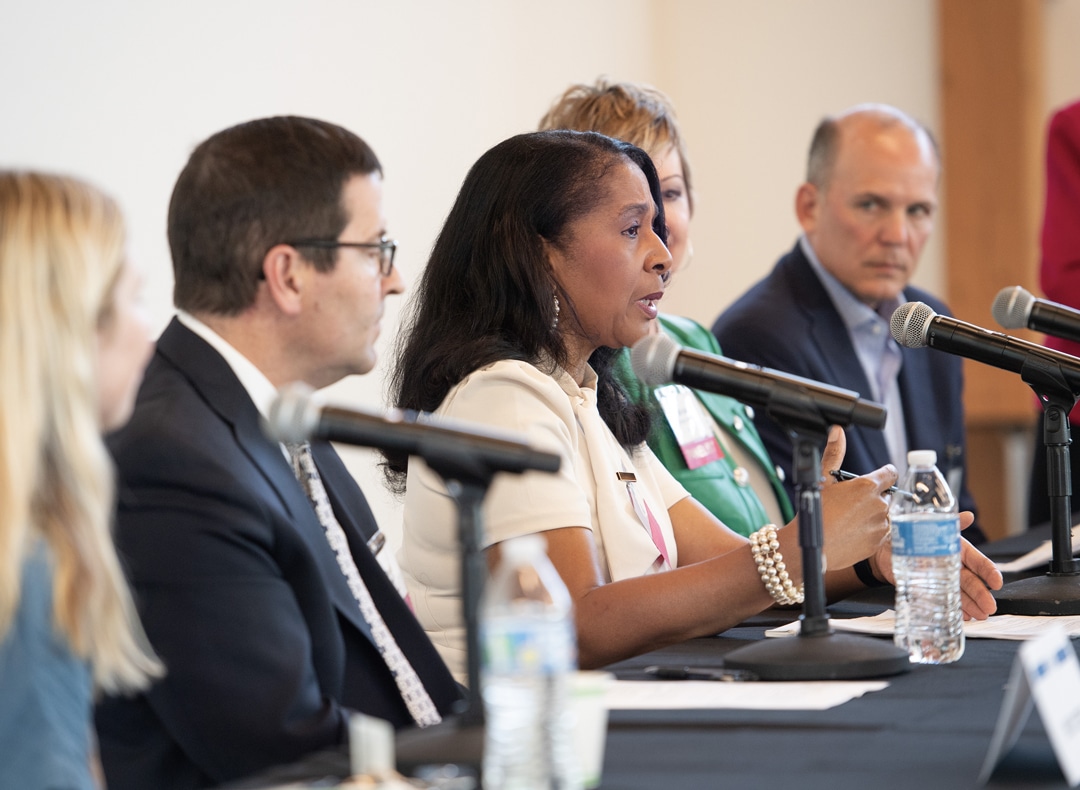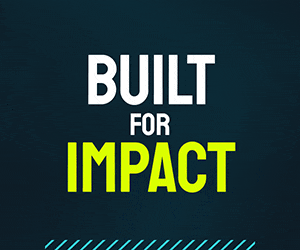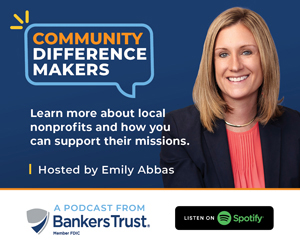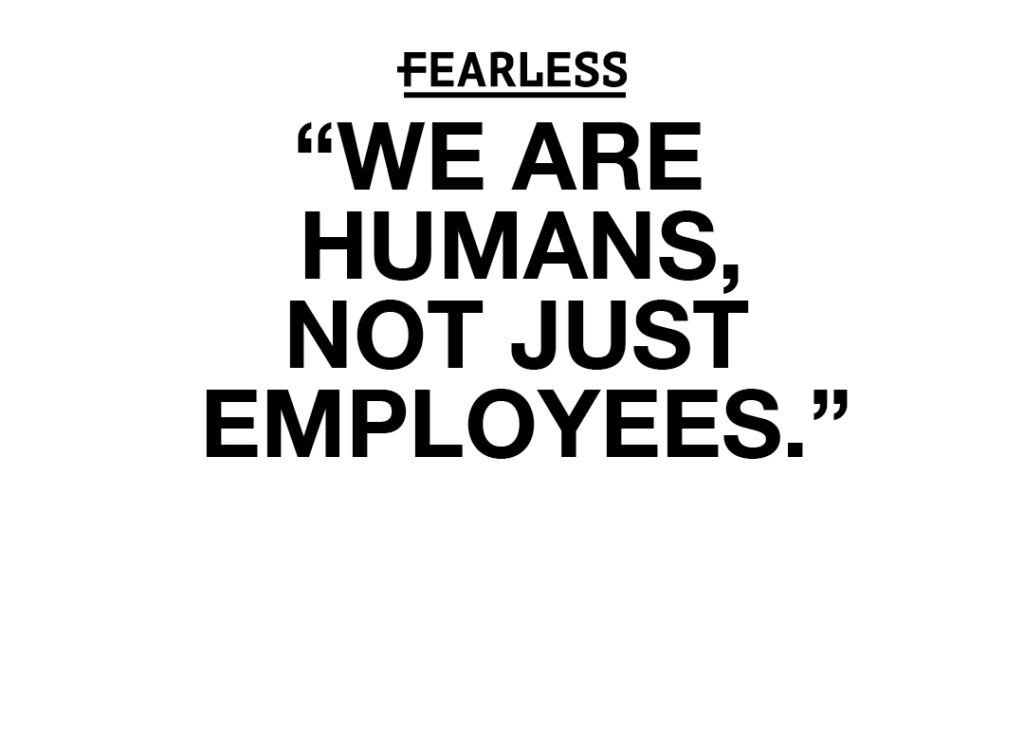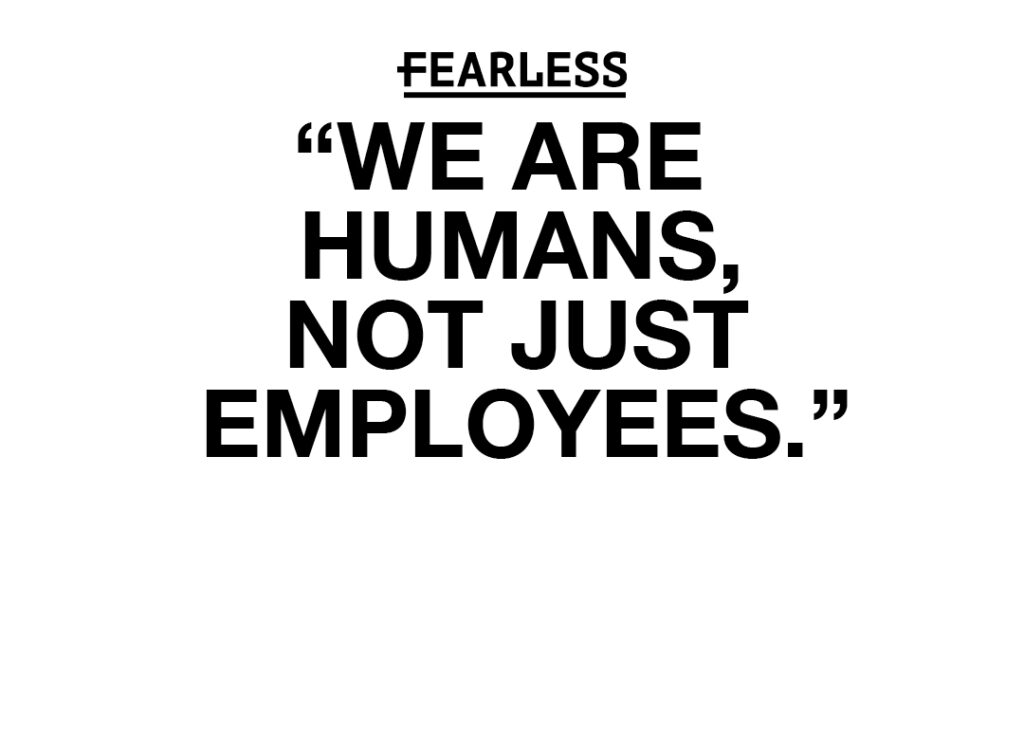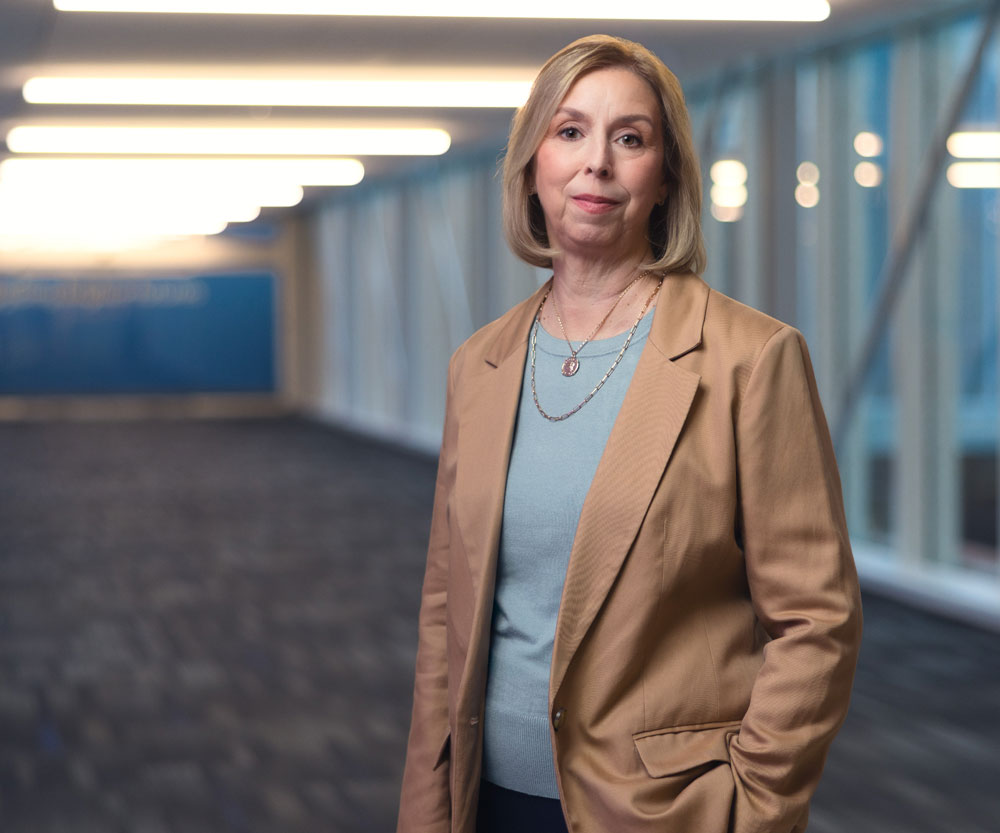11 takeaways from Power Breakfast conversation on leading in a VUCA environment

Business Record Staff May 31, 2024 | 6:00 am
7 min read time
1,653 wordsBusiness Record Insider, HR and LeadershipBusiness Publications Corp. President and CEO Suzanna de Baca moderated the Business Record’s second Power Breakfast of the year on leadership lessons from operating in a VUCA (volatile, uncertain, complex and ambiguous) environment.
From post-pandemic recoveries and adjustments to continued economic disruptions, panelists covered the challenges of the current environment and the opportunities arising from it during a 90-minute discussion on May 17 at the Des Moines Heritage Center downtown.
Speakers included:
- Pete Brownell, chairman of the board, Brownells
- Miriam Erickson Brown, chair and CEO, AE Dairy
- Angela Franklin, president and CEO, Des Moines University
- David Stark, chief of government, external affairs and philanthropy, UnityPoint Health
- Emily Steele, CEO and co-founder, Hummingbirds
Here’s what our reporters took away from the conversation.
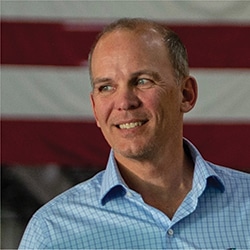
Leading people through change
When managing change, it’s not the changes to operations that matter most, it’s the people, Brownell said.
“How are you going to help them … go from what they do every day as the normal practice to something different and leave them in such a way that they are encouraged and excited for that kind of change? Nobody likes having to change. They need to see why you’re doing it.”
To do that, leaders need to put themself in the shoes of their employees, he said.
— Emily Barske Wood
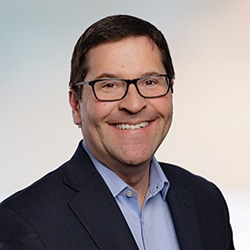
Navigating the vast changes in health care due to the pandemic
On May 11, Stark took to the store looking for an anniversary card. Exactly a year earlier — May 11, 2023 — the COVID public health emergency expired. In the past couple of years, the challenge for the health care workforce has been becoming accustomed to patients returning to pre-pandemic activity after they were told to hold off on things like annual physicals. The number of Iowans on Medicaid has also been a factor.
“In Iowa at the height of the pandemic a little over a year ago, we had over 900,000 Iowans that were on Medicaid. … As of last month, that has come down 21%, almost 200,000 fewer. That’s a big deal to a provider, to a hospital, to clinics, to home care providers.”
The rising cost of drugs, supply chain challenges and changes in labor are also affecting the industry.
— Emily Barske Wood
Rebuilding relationships, culture after the pandemic
“When you strip out everything else that we have as leaders, what’s our currency? It’s our time and our ability to connect with people,” Stark said about the most important skill leaders need today. As companies rebuild and reshape their company cultures following the pandemic, leaders should ask themselves if the concerns they’re focused on or the way they’re building relationships contribute to advancing at least one of the following: the customer, the company or team members. During the pandemic, Stark said “culture really eroded. Speed to execution eroded and trust eroded, so that relationship building is so important to get back to that piece where we are connected with our team members.”
— Sarah Diehn
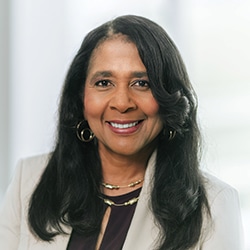
Making sure people feel a part of something
When Des Moines University announced that it would relocate its west-side campus to West Des Moines in March 2019, involving everyone in the planning, design and build was a top priority. “What was most important for us as we were doing everything by Zoom was to bring our people along with us,” Franklin said. “… We got students to react to ideas that we have because we were building a campus to support the students, so we involved everyone along in the process.” Franklin said creating small-group dynamics and involving them in all the processes has become an important part of the culture at the university.
— Kyle Heim
Navigating ‘pressure cooker’ environments
For several decades, Brownells was a company that was respected and supported by consumers, Brownell said. Now the company, a supplier of firearms and ammunition, diligently works to stay compliant with the ever-changing local and federal regulations and out of the polarizing discussions about guns and the Second Amendment.
“Our organization has to be a principle-driven, rule-driven organization,” he said. “Once you have the rules and you have people in charge of the rules, you have to make sure people are making good decisions within that matrix. … I spend a lot of my time … talking about values. How do you make a value decision? What is an example of a value? … We can be penalized for making the right decision by our customer. And, we can be penalized by the government pretty heavily when we make a decision that we feel is right. We’ve got this pressure cooker that we’re in.”
— Kathy A. Bolten
Relying on past skills to lead today
Franklin began her career as a clinical psychologist. “And while you don’t necessarily need to get a trained psychologist to lead, those basic skills of good listening, conflict resolution, helping people navigate their own life challenges, and building relationships are skills that I brought to the job early in my time at Des Moines University,” Franklin said.
In her first years as DMU’s president, Franklin said she changed the way things are done at the university. “People thought I was destroying the place,” she said. “We’ve built a culture [that is] more collaborative and [where] people matter. We empower individuals to do the job that they’ve been asked to do and then step aside and let them do it. … Bringing that skill set from my prior career into this role has served me well.”
— Kathy A. Bolten
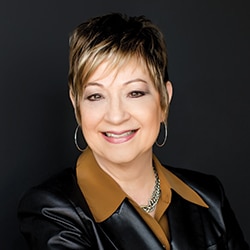
Operating ‘just-in-time’ business in volatile market
In March 2020, consumers flooded grocery stores and other essential services as it became more evident that the pandemic would force state and local governments to order business closures and other measures to contain the spread of COVID-19.
Erickson Brown said for perishable food manufacturers like AE that specialize in “just-in-time” inventory, that meant handling supply chain pressures and overtime hours to produce and deliver those extra goods.
“Events that drive people to the grocery store in large numbers or keep them away are really difficult for us, but that is our new reality,” she said.
“In the last few years, we, of course, have lived through ingredient, packaging [and] employee shortages with severe volume fluctuations. And the thing about a dairy like AE is that we work best when everything stays in balance, from milk supply from our farmer partners to retailer buy-ins and deliveries and, finally, consumer purchases.”
The pandemic happened simultaneously with changing consumer habits that have reduced demand for white milk.
Erickson Brown said identifying product volume fluctuations is now built into AE’s operation.
“It’s simply part of our job to find a way out of or find anything that threatens our general routine of product movement from farm to fridge,” she said.
— Mike Mendenhall
“Clear, concise and consistent communication”
As a leader, Brownell said he became adept at being a disruptor within his industry and his company, but that has changed. Today, he wants to work on being a “clear, concise and consistent” communicator.
“As a leader, my skill, my strength is now the weakness to the organization. I am an explorer when you take any of those self-assessment tests, which means I run back to the office and say, ‘Look what I just found. Now, go do something with it.’ Hugely, hugely impactful in the wrong way,” Brownell said.
“… So being consistent in what my role really is now. It’s not to be the disruptor. It’s to be the consolidator and be the cheerleader for our brand and our strategy.”
— Mike Mendenhall
Identifying your own blind spots
Stark said it’s critical as a leader to know your own blind spots. For Stark, a blind spot is delegation.
“All of us in certain respects know that we can get that job done, right? It’s easier. It’s quicker for us to do it. It’s faster. We know how to do it. But how are you engaging the team in saying how are they participating in getting that done and working at the top of their skill level and asking them to do it?”
He said another blind spot for him is self-care.
“If you’re in the water with another individual and they’re about 25 feet away from you and both of you are not swimming very well, your first instinct is to go to them and save them, but what happens? You both drown. It sounds counterintuitive, but go grab a life jacket off the boat and then go help them. Take care of yourself.”
— Michael Crumb
Achieving balance in leadership
Erickson Brown said there’s a dichotomy in her leadership, balancing strength and empathy.
“There’s a continual push for excellence … and a need for continuing education in a repetitive static production environment. And balancing those things [is] always going to be a work in progress for me … but it’s a continuing reminder that missteps in humanness are inevitable and part of authentic leadership.”
— Michael Crumb

‘Startup world is VUCA’
Steele said operating in the “startup world is VUCA.” A side effect of having a fast-growing startup is becoming accustomed to not having to execute every aspect of the business alone, she said. It pushes the CEO to learn to be a leader.
“I went from two contractors in December of 2022 to 25 full-time employees, so that’s just been an insane amount of growth as a company, but also at that stage of fall 2022, I had my hands in everything — sales, marketing, building out the content creator side of the business, working with our tech team. [I’ve gone from] doing everything to now having a leadership team in place and their individual contributors under them. That alone has just been a massive shift of realizing I don’t have to do everything anymore, nor should I.”
– Sarah Diehn and Mike Mendenhall

